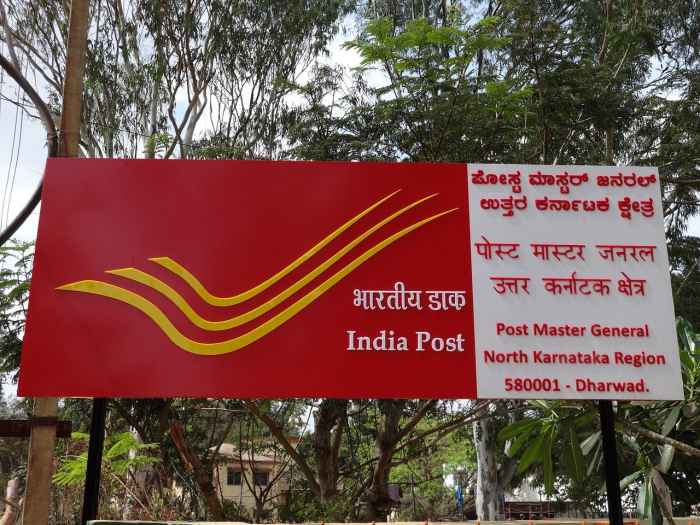Post office savings account holders can now use its new Interactive Voice Response (IVR) facility on their phones to avail services such as the interest earned on the applicable investments, ATM card blocking facilities, issuance of the new cards etc. The Department of Posts announced the launch of its ‘Interactive Voice Response (IVR)’ facility for customers via a circular issued on 12 October .
According to the circular, customers of small savings schemes like PPF, NSC etc. can avail the IVR facilities by calling through their registered mobile number at India Post’s toll-free number 18002666868.
IVR menu for Post office small saving schemes:
Press 1 for Hindi
Press 2 for English
Press 5 for account balance inquiry (all schemes)
Enter account number followed by #
Press 6 for blocking of ATM card
Press 1 using Card Number
Press 2 using Account Number
Press 3 using Customer ID (CIF No)
Press 7 for other Services
Press 2 for India Post Banking Services (POSB)
Press 1 for inquiries or transactions on your savings account (SB/PPF/SSA)
(Enter account number followed by #)
Press 1 to know the status of cheque issued on your account
Press 2 to know the details of last four transaction on your account
Press 3 to know the details of specific transaction of your account.
Press 4 to know the interest earned and paid or tax deducted on your account
Press 5 to stop payment of cheque of your account.
Press # to repeat options
Press * to go to previous menu
Press 2 for inquiries on transactions on your term deposit account (TD/RD/SCSS/MIS/KVP/NSC)
(Enter account number followed by #)
Press 3 for ATM related requests
Press 1 for ATM card pin change.
Press 2 to issue a new ATM card
Press # to repeat options
Press * to go to the previous menu
Press 4 for more information on postal savings products
Press 1 for new account and scheme
Press 2 for debit or ATM card details
Press 3 for the rate of interest and service charge
Press 4 for third party products
Press # to repeat options
Press * to go to the previous menu









Unified Pension Scheme (UPS): How it differs from NPS and OPS
RBI to lenders: Stop charging compound penal interest on loans
Income Tax Return (ITR) filing: What happens if you fail to do so